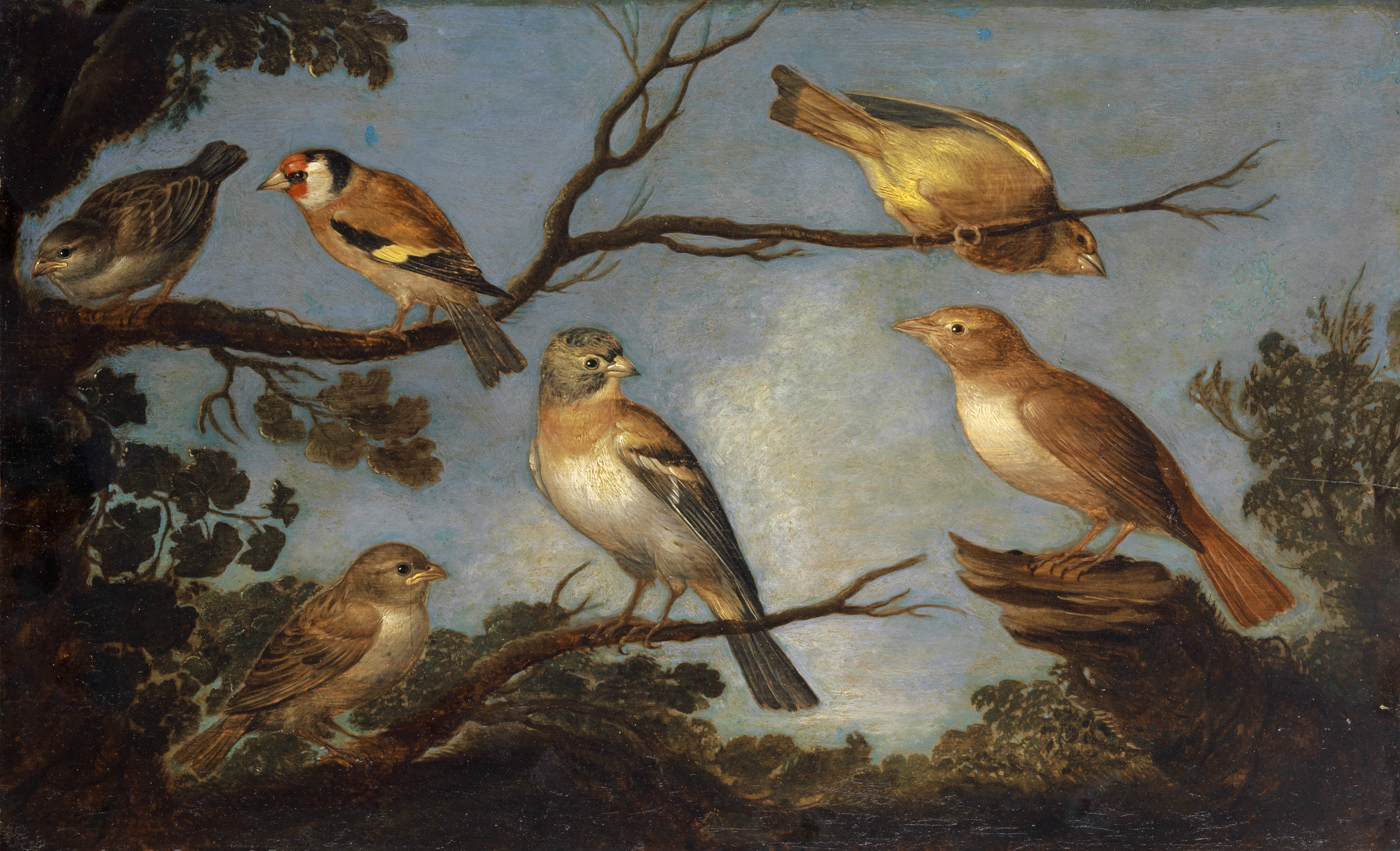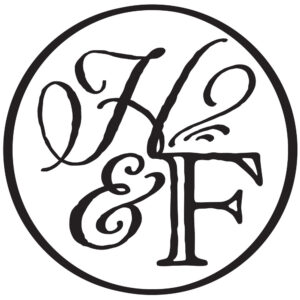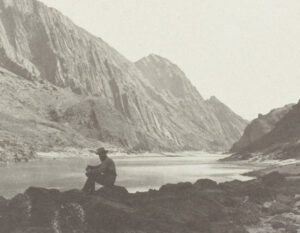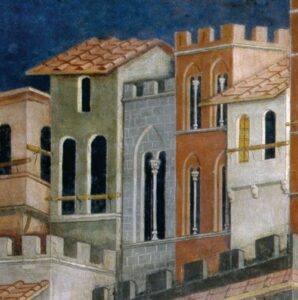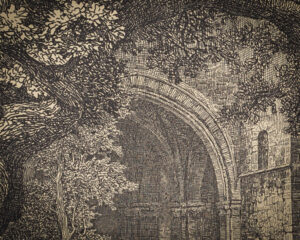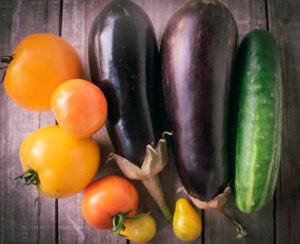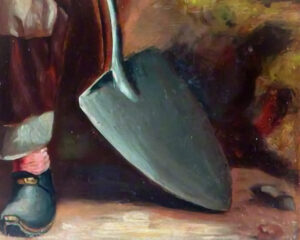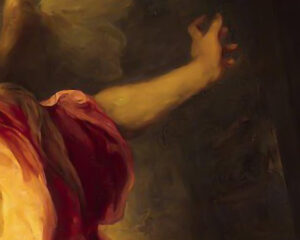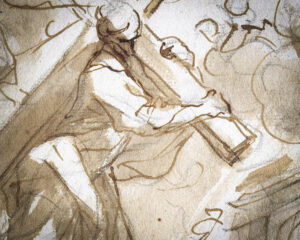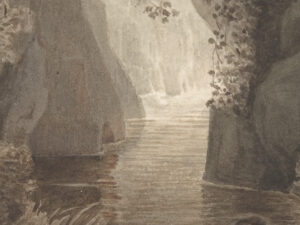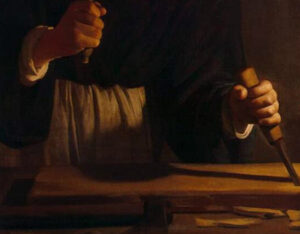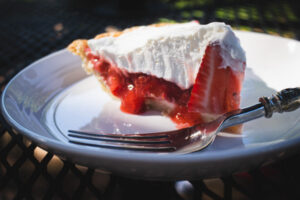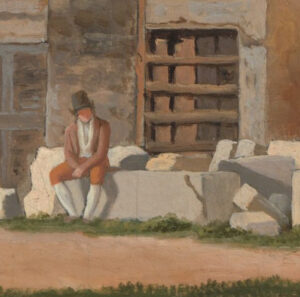—Ink and Echoes—

On Artists, Self-Interest, & Birds
H.J. Massingham
—1919—

The artist (I throw the net as widely as possible) is one at least of the types in modern life who has a regard both for his own welfare and the community’s. He has to secure the first in order to forward the second. He can never do either himself or the world any lasting good until, so far as is practicable, he can find out how to extricate himself from the body of society as organised to-day. There is a tale of some ingenious potentate who used to punish an enemy by tying him alive to a corpse until the union ceased to be an artificial one. The artist cannot altogether cut the cords, because he, like each of us, is a “unit” of society.
But he can withhold himself from the “democracy” in order to join the people. For art is the expression of the whole landscape of created life; not a decoration of the window-pane which looks upon it. We can think of the artist, rather, as a kind of mendicant preacher, without the preaching or the mendicancy — a doctor of souls. He rejects not only the systematised coercion and deceit of plutocracy, but public opinion. I am reminded of the excellent old phrase about being in the world, but not of the world. He has only withdrawn from the Man in the Street, the Populace, and the idea of it formulated in catchwords, summarised in the Average and embodied in the Press, so that he may penetrate to the dormant bud of being, where it protects itself in its sheath of darkness from the frost that paralyses and the heat that consumes.
When Shakespeare combined pot-boiling with a passing attack of Jingo measles and wrote a schoolboy pantomime, with plenty of masterly and rousing rhetoric in it, called “Henry V,” he represents his brigand as wooing the unhappy Princess Catherine “in a soldierly manner”: “No, it is not possible you should love the enemy of France, Kate. But in loving me, you should love the friend of France ; for I love France so well, that I will not part with a village of it; I will have it all mine; and Kate, when France is mine and I am yours, then yours is France and you are mine.” The artist should love mankind so well that he will work his way to occupying the whole of it.
He has to consider that a country is composed of individuals and that the human being, as distinguished from the herd, the class, the institution is his affair – if we like, his “copy.” The importance of the human being is the paramount inter- est of his art, regardless of the knots of generalities into which that being has tied himself. He thinks of society in the same way. His interest lies in the relation that certain human beings have with other human beings, and his object (as the object of art) is to encourage the interdependence of those relations in harmony, a poise and balance, in which the particles (the individuals) will all contribute to the whole, without being lost in it and so exploited by the parts masquerading as the whole. His view both of society and the individual, that is to say, is creative. He sees that a society cannot be created unless all the members of it are creating it – that society cannot be a work of art until the individuals that compose it are all working artists. . . .
Self-interest — so must run this absurd recusancy — demands that self-interest be abandoned. The triumph of the business spirit coincides with the failure of the business policy. Here is where virtue or, as we should call it nowadays, creation gets the measure of vice or destruction. Destruction, by the law of its being, mutinies in its own camp and sends its loyalists packing into the meagre cohorts of the faithful. Is it not Donne who says “Death, thou shalt die!”?
A very curious chapter in the study of reactions, might, indeed, be written on the theme : Man shall not live by bread alone, for if he does, he shall not have even bread. It would open up the question as to whether the phrase “enlightened self-interest” was justified at all as the criterion of an actual law. I mean as to whether enlightenment and selfinterest are not mutually exclusive. No man, for instance, flatly owns to self-interest or very few. Therefore, nearly all self-interest is enlightened. Perhaps the problem would be narrowed down to a consideration of ultimate and immediate reactions, and it is safe to say that a policy of selfinterest, whether it be called “enlightened” or no, is bound in the end to bear both a moral and a material retribution. One of the visible proofs of the interdependence of men, and so one of the strongest arguments for a stable, self-supporting fellowship, is the dreadful fact that a man’s selfinterest does actually produce a material nemesis upon the persons of his innocent neighbours or descendants. We all share a portion of each other’s “sins” and “virtues,” now and hereafter. Honesty is the best policy, therefore, though that is no argument for pursuing honesty as a policy, since, thus endorsed, it ceases to be honesty. But the immediate reactions of self-interest are sometimes as frequent as the ultimate ones. The spiritual loss, for instance, has an immediate and powerful effect, since it makes men unhappy. By making them unhappy it causes them, knowingly or not, to despise the material profit of their self-interest.
Take the case of the destruction of birds for the preservation of food crops. Anybody who knows anything about the life-habits of birds is aware that their levies upon fruit and corn, etc., are a minute wage for more than sweated labour in the interest of the farmer and the producer; that, without their services, there would be neither a blade in the cornfields nor a leaf upon the trees. Therefore, those active workers on behalf of birds for the birds’ own sake and for the sake of the joy and tenderness they bring to everybody who is not a clod, very naturally appeal to owners and tenants of land to spare the birds, because it pays to spare them. Spare the bird and spoil the insect, they say. With people of a little nous, that, of course, has an effect. But it will not have much. At best, it will cause a respite, an interval here and there, in the process of destruction. For it is the very nature of self-interest to be short-sighted. Spare the bird and spoil the insect will never achieve a crushing victory over spare the bird and spoil the crops. Self-interest thinks in a narrow groove; it cannot take long and complete views because it is walled in, absorbed in trivial pre-occupancies. “There is a bird in my corn ; that is good enough for me” — that sentiment is bound to be pre-eminent, because it illustrates the philosophy of self-interest. Until, that is to say, we voice our enjoyment of birds; until we acknowledge that we have far less right to take their lives than they have to take our cherries; that our cherries are but a mean minimum wage for their songs; and until we realise that they are delicate and aerial intelligences and so worthwhile preserving for their intrinsic beauty and the glad reactions of that beauty upon our perceptions, birds will go on being destroyed and insects multiplying, whether it be to the advantage of our food supply or not.
